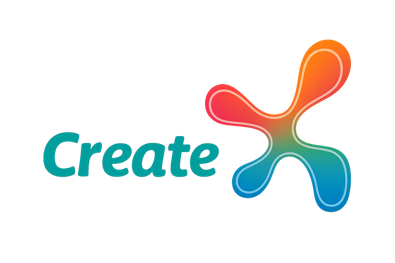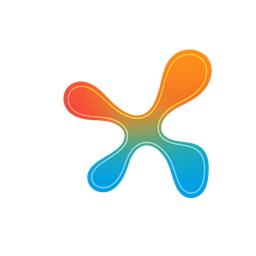Capgemini: Engineering the Agentic Future
The AI Adoption Explosion
The adoption of Generative AI has moved from early experiments to mainstream implementation at a breathtaking pace. This foundational shift is now paving the way for the next frontier: AI Agents.
Gen AI Is Now Mainstream
30%
of organizations have deployed Generative AI at scale in 2025, a fivefold increase from just 6% in 2023.
AI Adoption at Scale (2025)
Unlocking Tangible Value
Initial concerns about ROI are fading as enterprises witness substantial returns. AI is not just a technological marvel; it's a proven engine for efficiency and growth, delivering significant cost savings across core business functions.
Average Return on AI Investment
AI-Driven Cost Savings by Function
The Rise of the AI Teammate
The future of work involves deep collaboration between humans and AI. By 2028, a significant portion of organizations expect AI agents to be integral members of their teams. However, this human-AI chemistry hinges on trust, a factor that is declining for fully autonomous systems, highlighting the need for careful governance.
AI Agents as Team Members
38%
of organizations will have AI agents as team members within human teams by 2028.
Trust in Fully Autonomous AI Agents
Capgemini's AI Implementation Framework
To turn ambition into measurable impact, Capgemini provides a sequential approach to conceptualize, structure, and implement successful AI-driven transformations, ensuring value creation is anchored in strategy.
1. Strategy
Shape the vision and strategic roadmap grounded in business priorities.
2. Value Identification
Identify and prioritize high-impact use cases and ecosystem partners.
3. Delivery & Scaling
Deliver proofs of concept and scale solutions across the enterprise.
4. Transformation
Transform people, culture, and processes to maximize human-AI collaboration.
The Bedrock of Trust: An Ethical Framework
Capgemini believes human values must never be undermined by AI. Their Code of Ethics for AI is built on seven core principles to ensure solutions are human-centric, trustworthy, and beneficial to society.
Human Benefit
Designed with a clearly defined purpose to benefit humanity.
Sustainable
Mindful of environmental and societal impact for all stakeholders.
Fair & Inclusive
Produced by diverse teams to ensure unbiased and inclusive outcomes.
Transparent
Outcomes can be understood, traced, and audited as appropriate.
Controllable
Enables humans to make informed choices and retain the final say.
Robust & Safe
Includes fallback plans and ensures reliability and security.
Privacy Aware
Considers data privacy and security from the initial design phase.
Accountable
Maintains clear accountability for the system's operations and decisions.

Detailed Research Report



